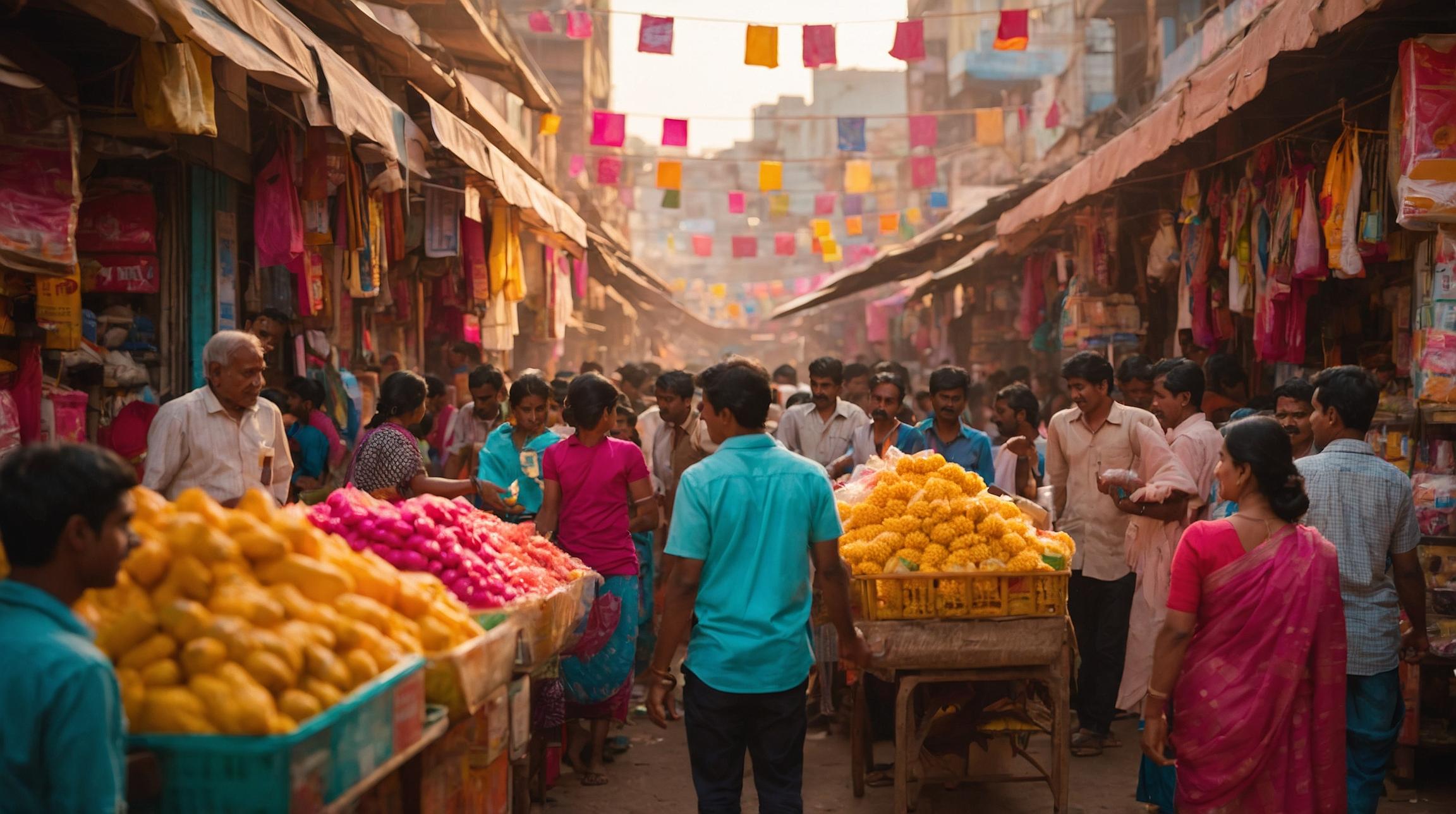India: A New Frontier for Packaged Goods Giants
India is fast becoming the focal point for major consumer goods companies like PepsiCo, Unilever, and others, as they shift their growth strategies from a sluggish China to this rapidly expanding market. With the Indian economy growing at the fastest rate among major emerging markets, these corporations are keen to tap into the diverse preferences of the country's vast population, including its largely unexplored rural areas.
Demographic and Economic Tailwinds
As Brian Jacobsen, chief economist at Annex Wealth Management, points out, "While the last decade had companies focused on selling into China, the next decade is about selling into India." This strategic pivot is driven by the demographic and economic advantages India offers, making it a prime target for companies aiming to capitalize on favorable growth conditions.
Growth Projections and Consumer Spending
Indian-based consumer goods companies are optimistic about higher government spending, favorable monsoon seasons, and a rebound in private consumption to drive consumer spending in upcoming quarters. According to GlobalData, the combined market share of the top five multinational companies, including Coca-Cola, P&G, PepsiCo, Unilever, and Reckitt, is anticipated to rise to 20.53% in 2023 from 19.27% in 2022, in sectors like baby care, consumer health, cosmetics, beverages, and household products. In contrast, their share in China is expected to decrease to 4.30% from 4.37%.
Rural Market: A Better Performer
K Ramakrishnan, Managing Director, South Asia, at Kantar's Worldpanel Division, highlights that while both urban and rural segments in India are growing, the rural market has shown slightly better performance. This indicates a promising opportunity for companies to expand their outreach and product offerings to cater to rural consumers.
Strategic Investments and Product Launches
Consumer goods giants are actively increasing investments in India through innovative launches and strategic partnerships. Examples include PepsiCo's Kurkure Chaat Fills, upgraded packaging by Coca-Cola to enhance product shelf-life, and Nestle's plans to introduce its premium coffee brand Nespresso by year-end. Such initiatives have significantly boosted household penetration for brands like Coca-Cola, PepsiCo, and Reckitt, highlighting the successful traction these companies are gaining in the Indian market.
Stagnant Growth in China
On the other hand, China's consumer demand remains weak, with companies like Nestle reporting a decline in sales in the Greater China region. The current economic and consumer sentiment in China appears "clearly weaker than expected," according to Nestle. As Don Nesbitt, senior portfolio manager at F/m Investments, notes, "China has always been considered the darling of growth for investors, but as we have seen that bloom is off the rose there."
By shifting focus to India, packaged goods giants are positioning themselves to leverage the country's burgeoning market, setting the stage for a potential decade of robust growth and expansion.













